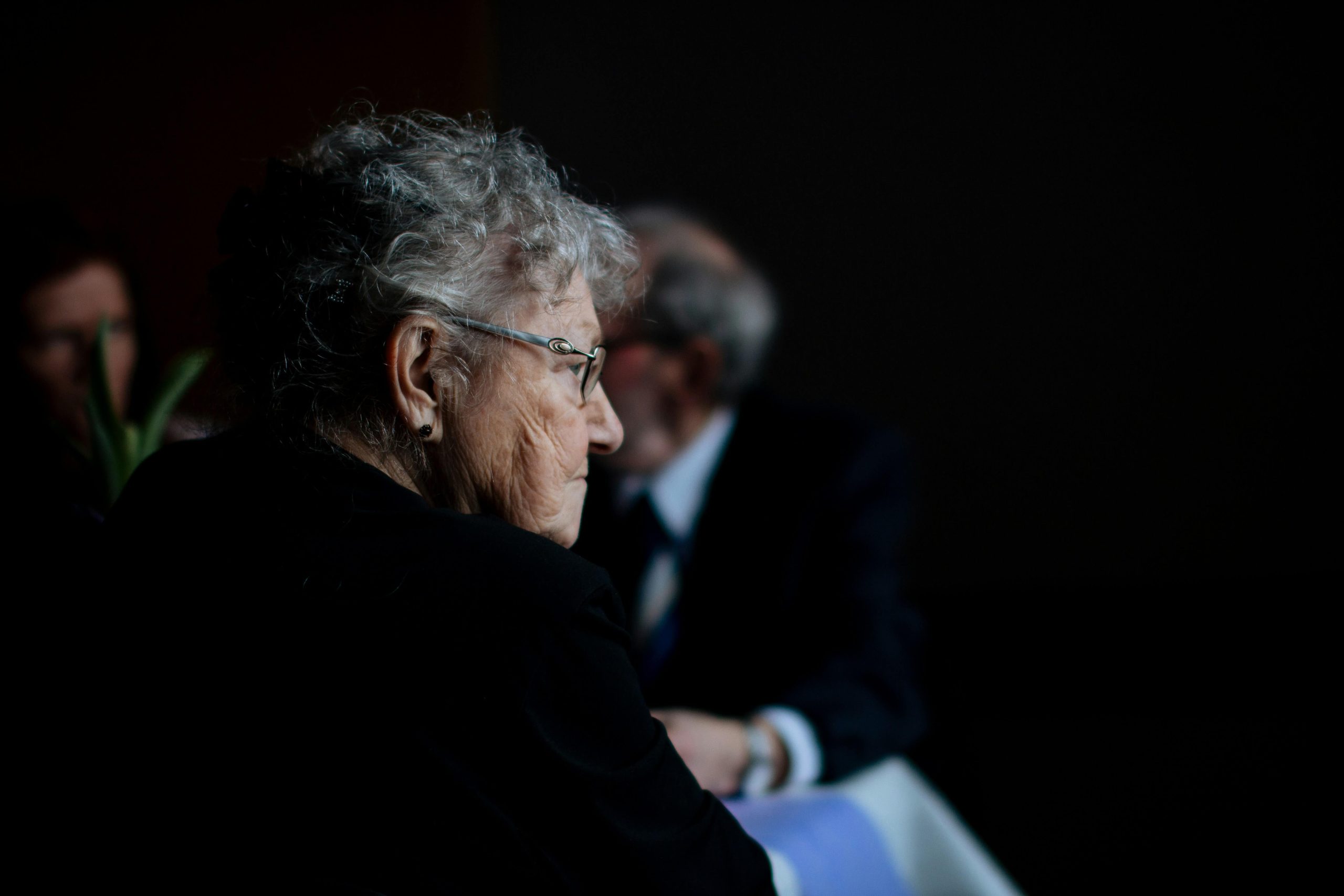
As the years go on and we get older, major changes in our lives take place.
We deal with illness, job changes, the pressures of life and eventually the bereavements of those close to us and retirement. All of these things can affect our mental health negatively.
Many people won’t suffer changes to their mental health as they get older, but in this article, we’re going to explore what changes can occur to our mental health as we approach later life. We’ll also provide some practical tips, alongside where to find help if you need it.
As we touched on briefly above, several huge life changes can occur as we age, such as the following:
A career can bring a person a lot of satisfaction and fulfilment and some people work their whole life, climbing the ladders of success. Sadly, there comes a time when we all have to retire, and this can lead to feelings of loss for certain people alongside worries about finances. No matter how much a person may look forward to retiring, it can come as a shock and often leaves people lacking purpose.
Fortunately, there are some practical ways to tackle this:
As horrible as losing those close to you is, it often comes with age.
Grief affects every person differently but it can leave us with feelings of sadness, hopelessness, anger and guilt. You may even experience physical symptoms of grief including headaches, sickness, loss of appetite and sleep issues.
Age UK has some useful information available on dealing with grief.
As you get older, you’ll likely suffer from more physical ailments – this can affect your mental health as you have to learn to cope with your body as it changes, and becomes less able.
In addition to this, you may be on more medication to cope with these changes. As a person gets older, their ability to cope with the side effects of said medications gets weaker. You should always approach and talk to your GP if you are struggling with the side effects of medication.
Our wellbeing is important in these cases, you can read our article about the five simple ways to wellbeing here.
Perhaps the most common of all is loneliness. We are likely to experience this as we get older. Feelings of loneliness in general can be normal from time to time, but for those getting older, it can be a common occurrence.
Feeling lonely can be difficult to talk about but there’s no shame in feeling lonely and there are plenty of resources online to help.
The issues raised above can cause several mental health issues, but more commonly depression.
“One in four older people experience depression, but fewer than one in six seek help from their GP.”
Depression isn’t a certainty as we get older but there is support available for those in need – always speak to your GP if you feel that the symptoms are getting on top of you. Your GP will be able to advise on the different treatment options for depression and discuss the best treatment for you and your circumstances. Your GP can also refer you to specialist services for talking therapies, or you can refer yourself through the NHS IAPT service.
The Mental Health Foundation has put together a guide on how to improve your mental health later in life, you can read that here.
Age UK offers support through a free advice line – 0800 678 1602. The phone lines are open from 8am – 7pm, 365 days a year. They also have specialist advisers at over 120 local Age UKs.
The mental health of the older generation is just as important, and intricate, as the rest. We hope this article helped shine a light on those in the community who are sometimes left in the dark.
Follow us on Facebook, Twitter, LinkedIn, and Instagram to keep up to date with articles, company news, service updates and more.
Mental health in later life – Mental Health Foundation
Older people’s mental health – NHS England
Image by Christian Langballe on Unsplash.